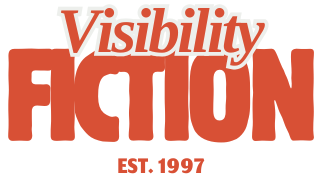As a philosophy enthusiast, I’ve always found it fascinating how much peace there is in uncertainty. In a world obsessed with answers—quick, certain, and absolute—there’s something deeply liberating about admitting, “I don’t know.” Philosophy, at its core, isn’t about having all the answers; it’s about asking the right questions and staying curious enough to explore them.
Socrates once said, “The only true wisdom is in knowing you know nothing.” That line hit me harder than any self-help quote ever could. Because in that humility lies growth. When we think we know everything, our mind closes. But when we admit ignorance, we make space for new perspectives, deeper thinking, and genuine learning.
Take everyday life for example—when someone challenges your belief, the first instinct is defense. But if you pause and ask, “What if they’re right?”, you suddenly shift from ego to exploration. That’s the heart of philosophy. It’s not about being the smartest in the room; it’s about being the most open-minded.
Philosophy doesn’t just exist in thick books or long debates—it’s in the way you reflect before reacting, question before concluding, and seek meaning beyond what’s visible. Whether it’s ethics, purpose, or the nature of consciousness, philosophy gives us a lens to examine life from angles we usually overlook.
In a noisy digital age where opinions scream louder than truths, maybe what we need isn’t more knowledge, but more thought. To sit in silence and wonder again. To question why we chase success, what happiness really means, and whether progress always equals improvement.
So here’s to not knowing. To staying curious. To thinking deeply, even when no one’s watching. Because sometimes, the most profound answers arrive not when we search for them—but when we learn to live comfortably in the mystery.

Leave a Reply